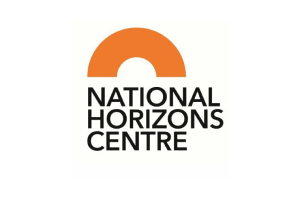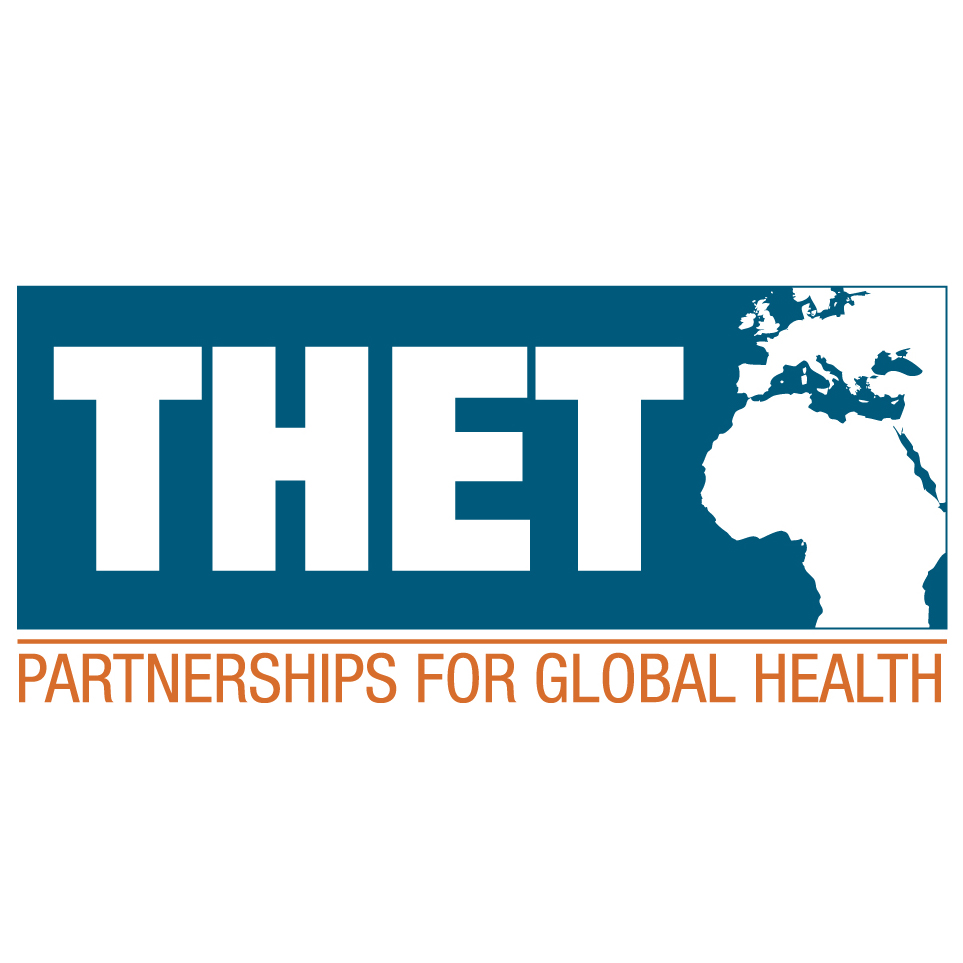Workforce development
Workforce development
National Strategy & specialist training programmes to build a world class workforce. Ensuring workforce coverage and availability of specialist and management training programmes.
The most important resource that the NHS has is its people. At any one time we have approximately 160,000 students studying to become one of over 300 different types of jobs performed by more than one million people in the NHS, including doctors, nurses, midwives, paramedics, physiotherapists.
Workforce development
Maintaining world class professional standards and driving leadership development are hep components to the excellence of the UK system.
We are able to provide:
- Guidance on national workforce strategy
- Development of health partnerships to support training and development of clinicians with partner countries –to enable expansion of UHC
- Advisory support and introduction of specialist clinical education and training services
- Consultancy for workforce strategy and development
- Global learners –placement services in the NHS to help build clinical expertise
Workforce development
Organisations that specialise in workforce development

→

→

→

→

→

→

→

→

→
Workforce development
Case study: Health Education England (HEE)
HEE provides Technical Collaboration & Consultancy Services focused on Human Resources for Health (HRH) as part of our capability-building partnerships. These services specialise in providing access to NHS expertise for system-to-system knowledge exchange; in-depth strategic analysis and advice, and long-term implementation support for programmes.
In 2021, HEE provided strategic advice to the Kyrgyzstan Ministry of Health on their proposed clinical education accreditation reforms as part of the ‘Healthy Person -Prosperous Country 2030’ Strategy. HEE worked with the Ministry and the World Health Organisation(WHO) to review the existing system and make recommendations based on NHS and international best-practice.
The Global Health Partnerships team hosted a series of roundtables and workshops with representatives from the Ministry of Health, the Medical Association and the Medical Education Reforms in the Kyrgyzstan Republic (MER) programme, and other stakeholders to understand the system and collaboratively identify areas for development.
HEE presented recommendations for further reform to the Ministry of Health to future-proof the accreditation system. The recommendations focused on empowering clinical sites through an outcomes-based accreditation system, facilitating continuous quality improvement, improving trainee and supervisor feedback mechanisms, and reviewing the underpinning financial flows. Into key recommendations outlines were developed for regional pilot programmes to support implementation.